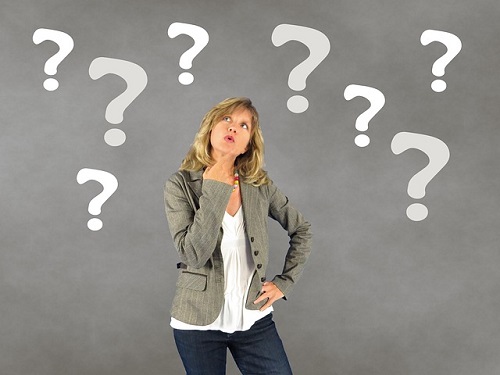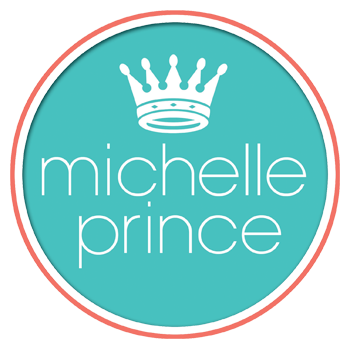 Congratulations, you’ve finished your book! Perhaps it will become a series that will make you the next J.K. Rowling with enough millions to open your own Gringotts. Or, perhaps you have a self-help book that will make you the next Dr. Phil.
Congratulations, you’ve finished your book! Perhaps it will become a series that will make you the next J.K. Rowling with enough millions to open your own Gringotts. Or, perhaps you have a self-help book that will make you the next Dr. Phil.
No matter how compelling your story or your book’s advice, you face the problem faced by all authors — you have to get published. Your words need to leave the your hard drive and transform into a book.
There are two options: traditional publishing and self-publishing (which has its own off-shoot – e-books). We talked a little about this in a previous post because regardless of which you choose, you – the author – is primarily responsible for promoting your book.
What to Expect with Traditional Publishing
The national publishing houses like Simon & Schuster receive hundreds of manuscripts each week. In order to have a chance, typically you need either a literary agent to run interference or you can send a letter of inquiry that summarizes/outlines your book. Getting a literary agent, at least a good one, is no easy feat either.
The cold, hard truth: Your book will need to exceed exceptional to have a chance of making it past a publisher’s first line of defense. They publish books to make money for themselves and the authors. If your book is chosen for publishing, consider yourself among the lucky few!
And gone are the days where the publisher had a big budget and staff to promote your book. Regardless of which type of publishing you choose, you — the author — is primarily responsible for promoting your book.
And last, depending on the type of contract you sign, you may be giving away a lot of rights to your book such as a movie deal or other revenue-generating options.
What to Expect If You Self-Publish
Self-publishing has gained in popularity — and reputation — in recent years. Even some traditionally published authors are now choosing to self-publish.
Why? Because they maintain full control of their book, have to promote it anyway, can get it published much faster — and often make more money.
A few things you’ll need to think about include:
- Paying the company that will print the book IF you order pre-printed books. Some self-publishing platforms provide print-on-demand services, meaning the book isn’t printed until someone purchases it.
- Deciding which self-publishing platform to use.
- Designing the cover.
- Providing any camera-ready photos, art work or graphics.
- Proofreading. Self-editing is a challenge and you’ll miss things so hire a professional.
- Figuring out where to sell it – Amazon, you’re own webpage, local independent bookstore, etc.
- Promoting your book and attracting followers.
E-book publishers include Scribendi and Amazon. Remember, Google is always your friend – search the web for more information on e-book publishers. I share some more advice on this in a previous post,”Things I wish I knew” before I wrote my first book.
You Can Do It!
Red Smith, a great writer at the New York Times, once said his writing “was easy. I just sit down at the keyboard, open a vein, and bleed.”
Do. Not. Give. Up.
The good news is that there are proven methods to get published, some which didn’t exist 10 years ago. Focus on getting your book out of your head and onto paper first — then do your research and determine which path, self or traditional, is the most likely to produce the best results.
Will you consider self-publishing your book? Let us know in the comments section below!
Image attribution: https://www.flickr.com/photos/valeehill/
